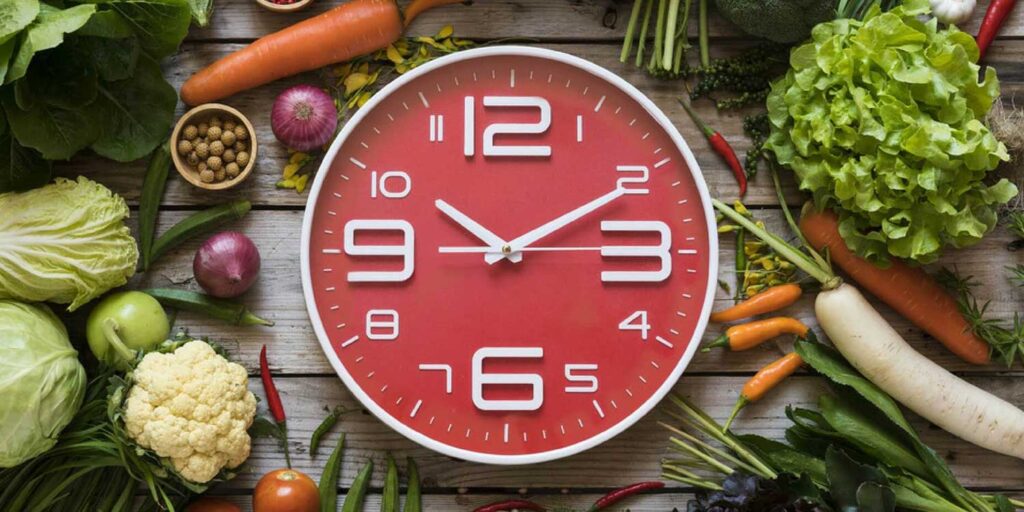
When it comes to maximizing your gains in the realm of strength training and muscle building, there’s a secret weapon that often goes overlooked: nutrient timing. This strategic approach to when and what you eat can significantly impact your performance, muscle growth, and recovery. In this article, we’ll delve into the concept of nutrient timing and provide insights into how you can use this technique to your advantage.
Understanding Nutrient Timing:
Nutrient timing revolves around the idea that the timing of your meals and snacks can influence how your body utilizes nutrients. This approach recognizes specific windows of opportunity where your body is primed to absorb and utilize nutrients for optimal results. In the context of strength training and muscle building, nutrient timing plays a pivotal role in enhancing your performance, promoting muscle growth, and accelerating recovery.
Pre-Workout Nutrition: Fueling Your Workout:
Before you even step into the gym, what you consume can have a profound impact on your training session. Pre-workout nutrition is all about providing your body with the necessary energy and nutrients to perform at its best. Carbohydrates are the primary focus here, as they provide readily available energy for your muscles. Incorporating complex carbohydrates, such as whole grains and fruits, about 1 to 2 hours before your workout can help optimize your energy levels.
Additionally, consider including a moderate amount of protein to support muscle protein synthesis during your workout. This could be in the form of a protein shake or a lean protein source like chicken or tofu. Avoid heavy meals that could lead to discomfort during exercise.
Intra-Workout Hydration and Energy:
For prolonged or intense workouts, intra-workout nutrition becomes important. Staying hydrated with water or electrolyte-rich beverages is crucial to maintain performance and prevent dehydration. Some athletes also find benefit in consuming easily digestible carbohydrates during long workouts, such as energy gels or sports drinks, to maintain energy levels and delay fatigue.
Post-Workout Recovery: The Golden Window:
The post-workout period is often referred to as the “golden window” of opportunity. During this time, your muscles are particularly receptive to nutrients that support recovery and growth. Protein takes center stage here, as it provides the amino acids necessary for repairing and building muscle tissues. Aim for a balanced meal or snack that includes both protein and carbohydrates within 1 to 2 hours after your workout.
Whey protein, due to its rapid digestion and high content of essential amino acids, is a popular choice post-workout. Combining it with a carbohydrate source, such as a banana or sweet potato, can further enhance nutrient uptake and glycogen replenishment.
Strategies for Nutrient Timing:
- Personalization: Keep in mind that individual preferences and needs can vary. Experiment with different timings and food choices to find what works best for you.
- Consistency: Consistency is key. Regularly timing your meals and snacks around your workouts can lead to more reliable results.
- Balanced Meals: Focus on well-rounded meals that combine proteins, carbohydrates, and healthy fats. This provides a steady source of energy and nutrients throughout your training regimen.
- Snacking: For shorter workouts, a balanced snack may be sufficient instead of a full meal.
- Hydration: Always prioritize hydration, both during and after your workouts, as it directly affects performance and recovery.
In Conclusion:
Nutrient timing isn’t a one-size-fits-all strategy, but it’s a powerful tool that can enhance your strength training and muscle-building efforts. By strategically fueling your body before and after workouts, you can optimize your performance, promote muscle growth, and accelerate recovery. Remember, the key is to find a timing strategy that aligns with your goals, preferences, and training routine. So, don’t overlook the importance of timing – it could be the missing piece that takes your gains to the next level.

